Family
The Emotional Effects of Power Outage
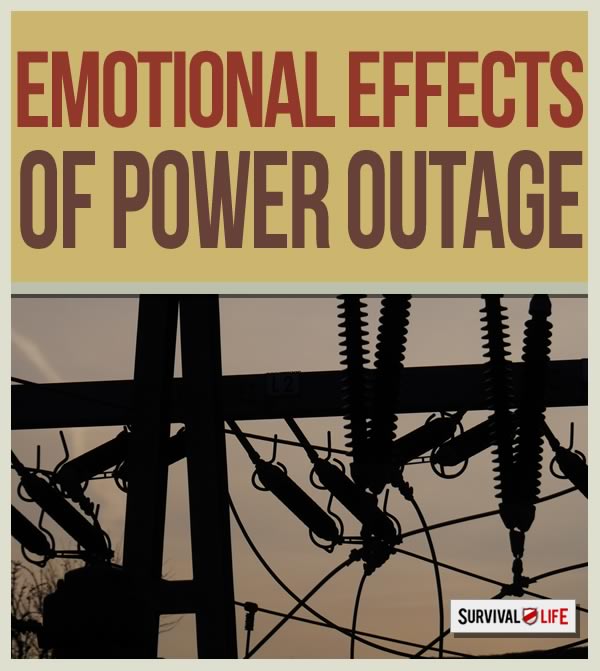
There is a psychological effect on people that often occurs during extended power outages. As time passes without electricity, people who depend on their ability to communicate or move freely get agitated, worried, and sometimes panic.
I call this the “power outage panic response” –POPR for short. They get anxious. They can get irritable. And they can act in ways they normally would not act. This is when normal people do abnormal things. Some lose control and begin stealing from others. Some do much worse. This makes safety and security an issue to those who intend to remain and “tough it out.”
And it doesn’t have to be a power outage that causes society to become unruly and disruptive. It seems our whole national infrastructure is falling apart and many people react irrationally.
The Boston Water Emergency

In 2010, two large water pipes in Weston, Massachusetts near Boston ruptured dumping millions of gallons of fresh drinking water into the Charles River. Tap water became contaminated, and the Reverse 911 system was activated by the governor of Massachusetts, who urged people to boil water taken from the faucets in their homes while the city water system was repaired. Water flow to the homes never stopped and sinks and toilets operated normally, but many of the local residents panicked.
Shortly after the governor’s announcement, residents of the area rushed out to buy bottled water. Within 90 minutes almost all bottled water in the entire Boston area was sold out, and people began to riot—fighting each other for any remaining bottles of the clear liquid. They acted like rats in a sinking ship and fought savagely for any bottled water found. Stores were damaged and some people were physically roughed up. It was a black eye on the normally-tranquil city. Gone were the “It’s a nice town” feelings. Now the image of Boston became “It’s everyone for himself (or herself).”
Another infrastructure issue involved natural gas. On May 21, 2014, the Wall Street Journal reported that Boston is one of a half dozen urban areas now suffering from the failure of natural gas pipes installed early in the last century. Modern gas pipes are made from steel and plastic, but these old cast-iron and wrought-iron gas pipes were installed starting back in 1830 and are found all over the Midwest and East Coast. Over 30,000 miles of them are carrying explosive natural gas and they are beginning to fail on a regular basis. According to the article, around 480,000 gas leaks from these pipes were repaired in 2013 and 105,500 leaks are yet to be repaired. This problem has been recognized for years, but utility companies are slow to replace these pipes without the consumers footing the bill. So the danger persists. The loss of gas for heating and cooking could significantly affect the lifestyles of residents in affected areas. Natural gas for power generation could also suffer cutting off electricity to the people. And when it’s not available, normal social etiquette no longer applies—many people discard decency, caring, and sharing for greedy, self-centered behavior.
Power Outage Panic
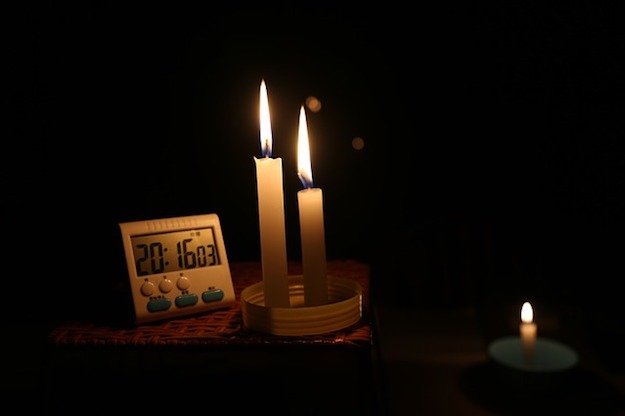
Recently an online newsletter published an article about a person who survived a whole year without electricity, water, gasoline, medical services, and law enforcement support in war-torn Bosnia. The article highlighted the effects on people holed up in a small city blockaded by the army. It didn’t take long for friends to become distrustful and treat each other as enemies once normal resources were consumed. Within two months gangs formed destroying everything in the city. Survival instincts caused many to think and act in ways that would never be considered in a normal social setting. People fought like animals for arms, ammunition, candles, gasoline, antibiotics, batteries and food.
When people lose hope that recovery will occur soon, many revert to survival of the fittest. People are capable of horrible behavior as long as they can justify their actions in their own minds. Don’t trust society to act civil in an emergency. Good preparation and a cautious nature can help you survive.
Last year there was a power outage during the night in Nairobi, Kenya at a time when university students were preparing to take final exams. This became a nationwide power outage in Kenya and hundreds of Nairobi University students rioted because they didn’t have electricity and light to study for their exams. The power outage was wide spread and lasted less than a day, but disrespectful students went on a rampage throwing rocks at passing vehicles and looting all the stores they could break into. Riot police with tear gas finally subdued the crowd, but thousands of dollars in damage had already occurred.
Events like these can happen anywhere and at any time, and they can create havoc in families and in communities. When electricity is out for more than 24 hours many people become frightened. Those who aren’t prepared for such situations psychologically or physically will rush out to buy everything they can get their hands on. Stores usually have just three days of food stock on hand and this will run out quickly if people scramble to buy provisions, candles, and flashlights. Chaos can occur.
Power Grid Failure: How Likely Is It?
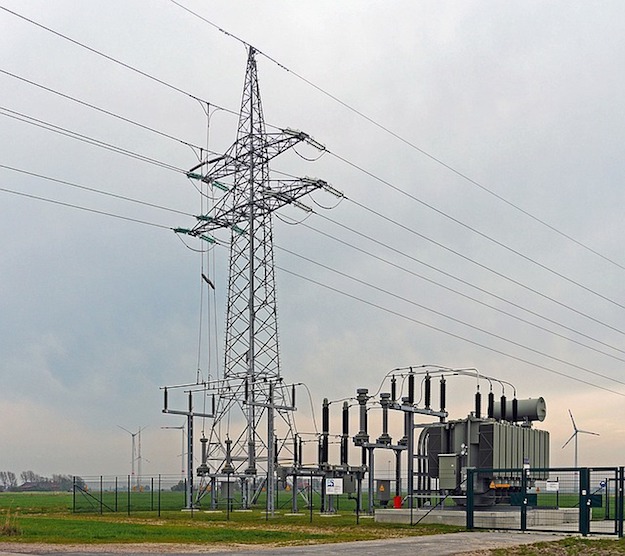
Former judge Jeanine Pirro recently brought the vulnerability of the U.S. electrical power grid to national TV when she aired segments on her Justice with Judge Jeanine show on the Fox network. Since then there has been a half dozen specials on terrorism and the vulnerability of the U.S. power grid. If the grid goes down, power could be out for millions of people.
Risk assessments from 10 years earlier had highlighted a major vulnerability in the national power grid—transformers. And a Blue Ribbon study concluded that it could take up to a year to get a replacement transformer. The social unrest caused by a major power outage could cause society to break down. The report said that by the time replacement transformers could be delivered 12 months later, over 90% of the American public could be dead from mob action, weather, or medical tragedy.
How to Deal with a Power Outage
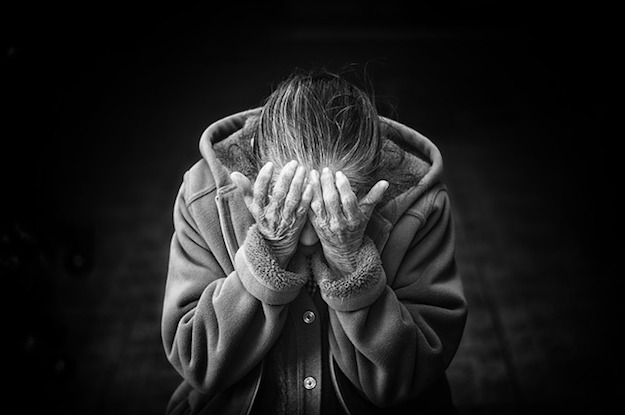
Face it. Power outages can be frightening. We are living in a digital, interconnected world—a world where the Internet, cell phones, texting and iPads are common. Yet these all rely on electrical power to operate—and they must be consistently charged.
If electricity shuts off for a few hours, people can put up with the power outage and find ways to keep doing what they do. But if power isn’t restored by the next day, they begin to worry. As a life without power goes into a second day, some panic and rush out to the stores to “stock” up. Social chaos can suddenly develop.
Those who choose to stay put and endure the altered lifestyle following power loss have a number of issues to overcome. One is just being in one place for weeks on end. During the winter people stay inside due to adverse weather, but being in one place day-after-day can wear on a person. In the backwoods, people restricted to staying inside get what has been called “cabin fever.” It’s also called “SAD” for “seasonally affective disorder” or “seasonally affected depression.” This is a mood disorder associated with a depressed state. People cooped up inside for extended time can get irritable and on each other’s nerves. They sleep more, eat more, or simply look out the window depressed. Turning on more lights helps those suffering from this depression, but what do you do when there’s no electricity to power those lights?
During the January-February ice storms of 2014, it was 11°F at noon with three feet of snow on the ground, and my brother in Michigan commented, “I’m so sick of winter! I just want to see dirt again!” Without power and while enduring frigid weather, people can really get down in the spirit.
Nutritionist Carolanne Wright says that fish, green tea, and turmeric can help reduce depression when the weather is unpleasant and power is out.
Then when power returns and the lights flicker on again, the mood gets cheery and the world looks much brighter (literally). But did we learn from the outage? Isn’t it better to find a way to keep your own lights on before the grid goes dark?
Proper preparation can make power loss much easier to endure.
Many people who live in California with constant risk of earthquake and wild fire have created emergency backup procedures and resources to protect life and property. When a huge wildfire caused everyone in my community to evacuate, I didn’t want my kids and grandkids to be traumatized by the event. So we left as a group and treated the evacuation like a camping trip adventure.
We spent two days in a church about 20 miles away, monitoring the fire on radio and portable TV. We slept on air mattresses, played games with the kids, sang songs, and generally socialized. When we were finally given approval to return to our homes, my granddaughter said, “Grandpa, can’t we stay just one more day?” She enjoyed the adventure and was never traumatized. Other people who didn’t prepare paid the price with POPR fear, fright, and unplanned panic flight.
Be prepared and be safe.
5 Easy Preps for Power Outages
Preparing for a Power Outage
What Causes a Power Outage?
-

 Do It Yourself7 months ago
Do It Yourself7 months agoParacord Projects | 36 Cool Paracord Ideas For Your Paracord Survival Projects
-

 Do It Yourself9 months ago
Do It Yourself9 months agoHow To Make Paracord Survival Bracelets | DIY Survival Prepping
-

 Do It Yourself9 months ago
Do It Yourself9 months ago21 Home Remedies For Toothache Pain Relief
-

 Do It Yourself9 months ago
Do It Yourself9 months agoSurvival DIY: How To Melt Aluminum Cans For Casting
-

 Exports8 months ago
Exports8 months agoAre Switchblades Legal? Knife Laws By State

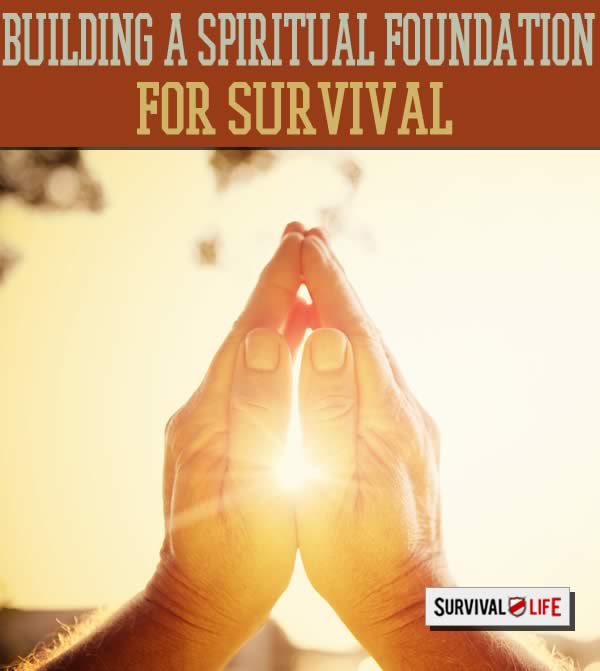

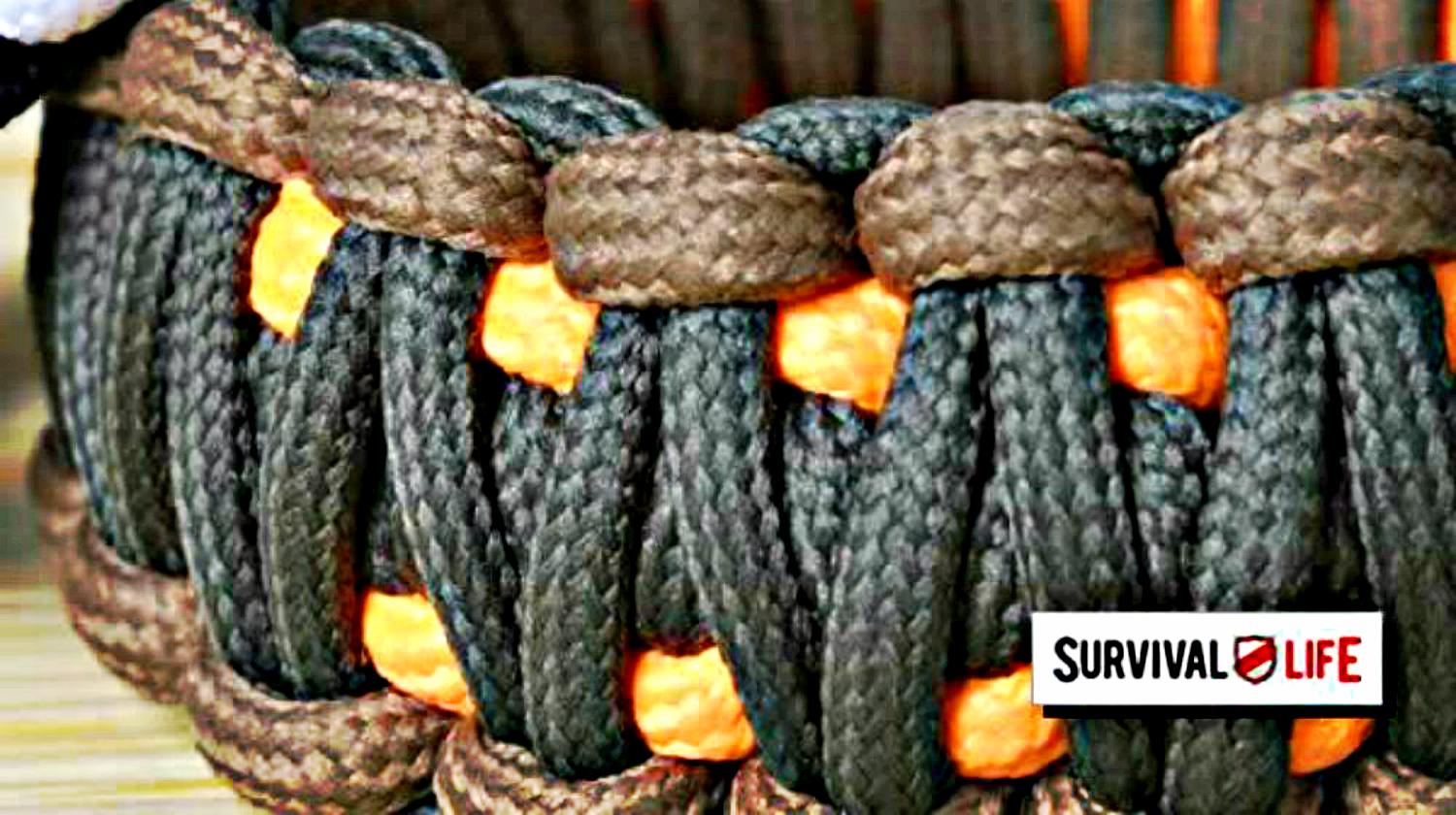

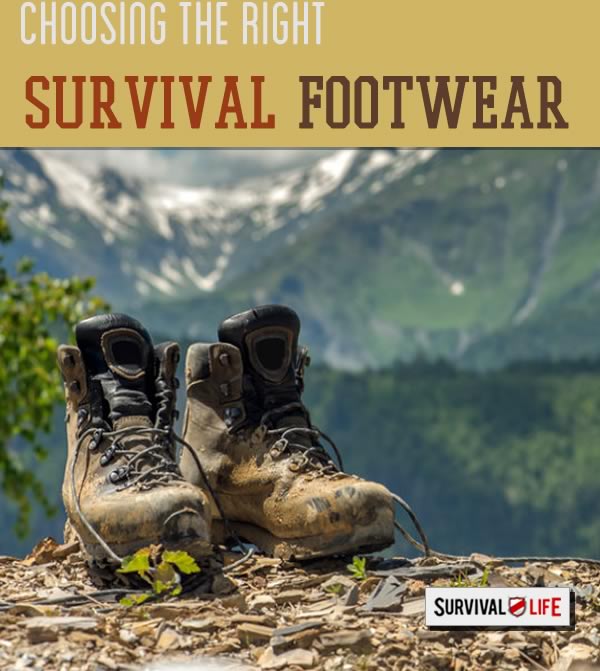
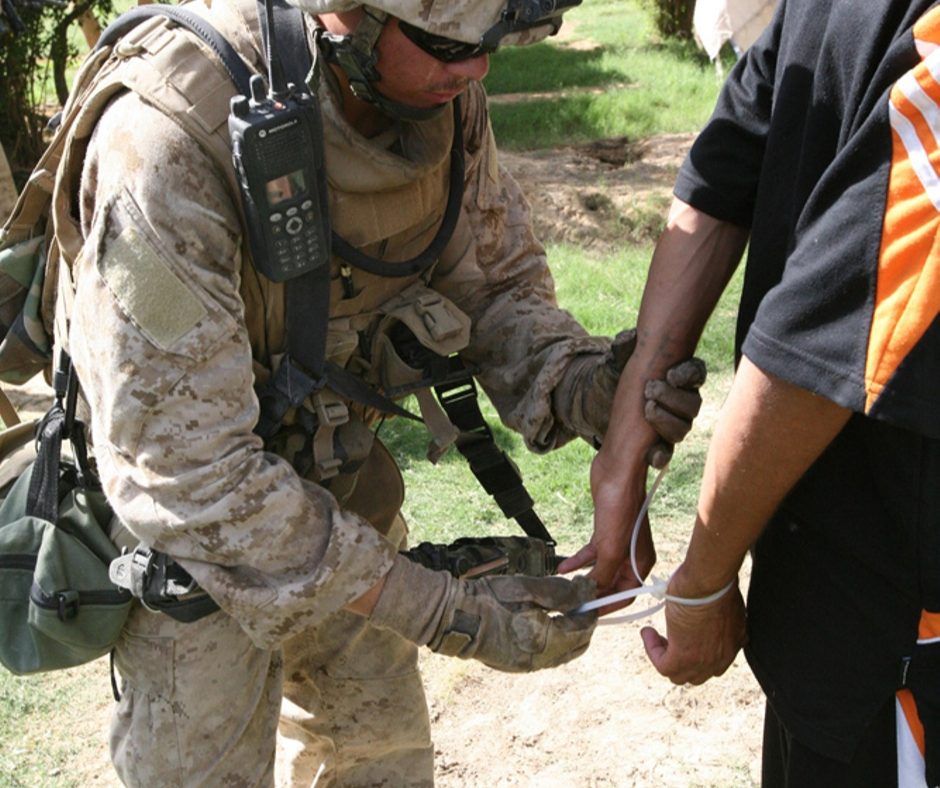

Pingback: The Emotional Effects of Power Outage | Survivalist Basics | Be Prepared For Anything!
Pingback: The Emotional Effects of Power Outage | Patriot Powered News
Pingback: . » The Emotional Effects of Power Outage
Anthonyk747
December 15, 2014 at 8:22 AM
Ya know, what I hate the most about this article is that it’s correct and accurate, but the Law doesn’t take this into account and people don’t realize that when Shit Hits The Fan, then all of their preparation is at risk. So, those flash lights, gasoline storage, batteries, solar panels – pretty much anything that is useful to them and can be stolen is at risk. To make matter worse? They’ll kill you or rape you to get it. To make matters even worse? The cops/law aren’t on your side during this chaotic time – they’ll arrest you just for being in your own house and having a weapon. Then, while you’re spending the night in a jail cell, your other neighbors are stealing everything from you and if you have any friends or family, then they have to fend for themselves.
We live in a lovely, effed up world that doesn’t seem to understand the full picture.
Pingback: Survival Gear & Food Storage » The Emotional Effects of Power Outage
Michael Mixon
July 3, 2015 at 9:45 AM
Better make sure you have a way to access well water without power. http://www.emergencywelltube.com
Pingback: Attacks on Electrical Grid up 86%! | Survival Life
Pingback: Power Outage: What to Do When the Power Goes Out
Pingback: Power Outage: What To Do When The Power Goes Out